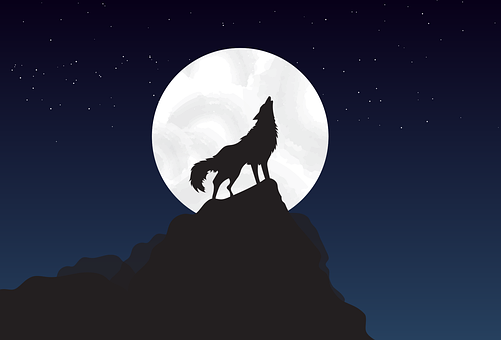Wolf pups are born in litters typically consisting of four to six individuals, and understanding their development from birth to adulthood is essential to understanding wolf behavior and social structure. In this article, we will explore the life cycle of wolf pups, from birth to adulthood.
Birth and Early Life of Wolf Pups
The birthing process for wolves typically occurs in the spring, with the mother seeking out a secure den site to give birth. The pups are born blind, deaf, and completely dependent on their mother for survival.
For the first few weeks of life, the mother provides all the care for her offspring, including feeding, grooming, and protecting them from potential threats.
Feeding and Socialization of Wolf Pups
As the pups grow, they begin to explore their surroundings, and the mother begins to teach them to hunt. She brings prey back to the den, and the pups begin to learn how to kill and eat their prey.
Socialization with the rest of the pack also begins during this time, with the pups learning the pack’s vocalizations and body language.
Adolescence and Young Adulthood of Wolf Pups
Around six months of age, the pups begin to gain independence from their mother and take on more responsibility within the pack. They learn to hunt and fend for themselves, and they begin to help care for younger siblings.
The pack hierarchy becomes more apparent during this time, with the alpha wolves establishing their dominance over the younger pack members.
Adulthood of Wolf Pups
As the wolf pups reach adulthood, their roles within the pack become more defined. Some may become hunters, while others may be responsible for caring for the pack’s young.
Wolves typically live for six to eight years in the wild, although this can vary depending on environmental factors such as prey availability and human activity.
Conclusion
Understanding the life cycle of wolf pups is essential to understanding wolf behavior and social structure. Through the stages of birth, early life, feeding, socialization, adolescence, young adulthood, and adulthood, wolves develop strong social bonds that are essential to the survival of the pack.
By learning more about wolf behavior and how to protect wolf populations, we can help ensure that these magnificent creatures continue to thrive in the wild.
Related: Interesting Things About Wolves
